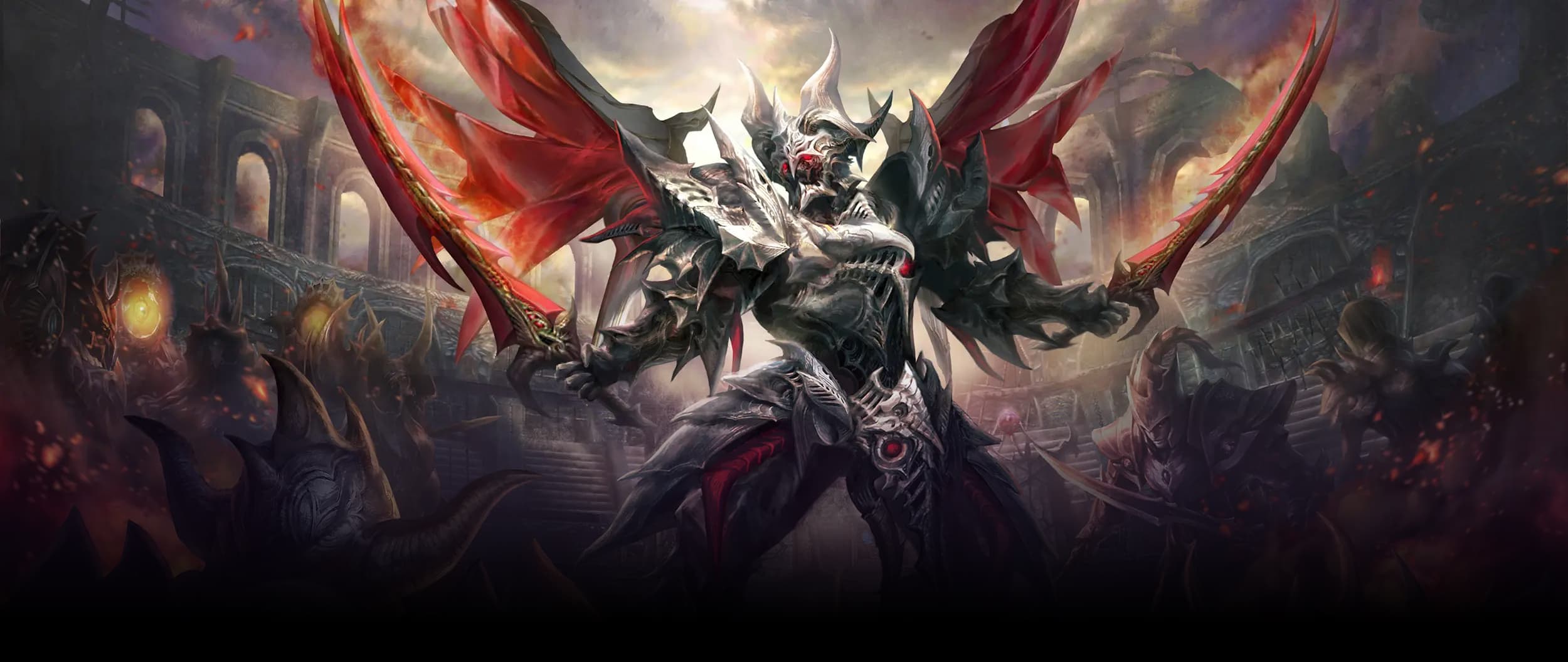Legal questions often sneak up on content creators as their channels grow, whether it’s music licensing, content monetization, or brand collaborations. As an Entertainment & Media attorney at Nixon Peabody, Nic works closely with influencers, streamers, and digital creators to navigate these issues and protect creative assets. In this Q&A, Nic answers four essential questions every content creator should ask to avoid costly legal mistakes and build a strong business foundation.
What should content creators know about licensing music, games, or third-party assets in their streams?
If you don’t own it, you generally need a license to use it. With music licensing, for example, just because you find it on a platform doesn’t mean it’s cleared for your commercial use. You need to make sure you have a license to use it in the way you intend. This also applies to background assets, such as artwork or photographs on walls, when shooting on site. Those are third-party assets that need to be cleared. This is especially important with sponsored content where you may be representing to a brand that everything you deliver is cleared.
How are short-term and flexible licensing agreements changing the landscape for creators?
Shorter-term and more flexible licensing agreements give creators greater control over their intellectual property and more agility in operating their businesses. For example, with catalog licensing agreements, instead of selling your content outright, you may license it for a shorter term—perhaps exclusively—to a partner, and then your content reverts to you at the end of the deal. That way, you retain ownership, build your business’s value, and avoid giving away perpetual control.
What are common legal mistakes creators make when monetizing their content?
One of the most common mistakes is not treating your channel and content like the sophisticated business it can be. This includes forming an entity, having contracts and agreements in place, registering and protecting your intellectual property, and getting the necessary clearances and releases. Every piece of content you create is a valuable IP asset. If you don’t have these things in place, it can be tough to clean up later, and ownership issues could spook potential buyers, investors, or partners. A clean package from the start makes it easier to monetize and grow.
How can creators protect themselves when collaborating?
Have solid contracts in place—ideally at the outset. It doesn’t matter if you’re working with a friend, a longtime business partner, or a frequent collaborator. It’s hard to predict how things may go wrong or become unclear, so a contract that protects both parties and clarifies responsibilities is essential. It helps in case of disputes or unforeseen issues and saves time later. A clear contract protects assets, businesses, and relationships.



